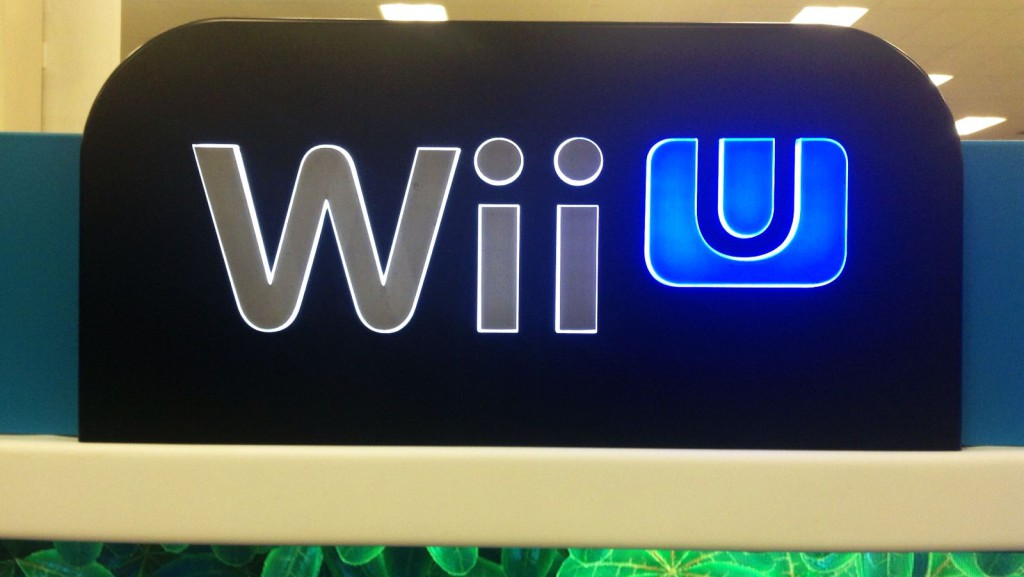A few years ago, a game debuted on the PlayStation 4, a then new and exciting concept that was to take gaming to an entirely new level, into the eighth console generation. This game was The Order: 1886, and based on that name, you can easily imagine a game filled with lore, exciting quests through the 17th century and lots of metal-on-metal combat. But beyond this, you’d expect a good story.
Expect is really the key word here.
No ad to show here.
Although the game looked great — honestly, it’s still one of the best looking games on the PS4 — absolutely nothing else about it could save it from my microwave. Gameplay was a string of cutscene after QTEs. The story might as well have been written by Galahad himself. And as for the lore? You can’t build a werewolf game on only three of the bastards.
But I digress. This game proved that even with the most uncanny, lifelike graphics, it still fell flat on its face. And this is what Nintendo, and its developers, should take note of before shoving all the hardware into the NX.
This year, we should hear more about the Nintendo NX — the company’s next console slotting between the eighth and ninth console generations. It’s set to revolutionise Nintendo’s console philosophy, packing beefier hardware, possible virtual reality support and support for 900p/60fps, according to leaks, which will bring it closer — hardware-wise at least — to the Xbox One and PlayStation 4.
But while one of the Nintendo Wii U‘s primary criticisms has been it’s sub par graphics, it’s easy to overlook all of that if the gameplay and story of a given title is exceptional.
Last year we saw the launch of Splatoon — Nintendo’s first IP in ages — adopting a first-person shooter philosophy swapping bullets for paint and violence for a basic map reclamation mechanic. It sounded like a terrible idea, but post-launch and many hours into the game’s multiplayer, I was hooked.
It was fun, colourful and incredibly addictive, and thanks to the fresh take on the shooting genre, it gave every player an equal chance to shine regardless of their level or experience. Effectively, tactics was as key here as in any shooter, but the light-hearted tone ensured that the game appealed to a broader audience, not only those looking for a serious experience.
We also saw Xenoblade Chronicles X from Monolith Soft — a game that I have barely grazed the surface of. It’s enormous, and I’m not only taking about the map. The gameplay mechanics are vast and perfect for the tinkerer in us all, while the combat is fluid and natural even though it’s based on an automatic aim system. But beyond this, it’s the voice acting, character arcs and overarching story that’s the real beacon of light.
It’s a great game, and I’ll be sure to have a review up soon (if I can spare another 50 hours of my life grasping that controller).
But in comparison to the likes of The Order: 1886, these two titles didn’t have the greatest graphics capabilities — although both did look great — but they both passed a million sales, and both have found critical acclaim from more than just us. Both were some of our games of 2015, largely because of the games’ stories, playablity and intrigue.
And we’re seeing this trend in the beefy consoles and PC too. Life Is Strange is a great example. Dontnod Entertainment‘s story of time travel, consequence of said time travel and the relationships that form and die as a result made it one of the best episodic games of 2015, and perhaps this side of the decade. Telltale Games‘ titles focusing on the likes of Games of Thrones and The Walking Dead all prove that it’s story that’s important, not graphics.
And if you really want to jump down the rabbit hole, what about Undertale? A quite astounding story told using 2D planes and 8-bit graphics. But it’s much much deeper than that, claiming full scores from more than a few often extremely critical media outlets.
Ultimately, yes. If the graphics are akin to a trodden turd beneath a shoe, it’s understandable that the game won’t sell. But it should never be the ultimate reason to buy a game, or create one for that matter.
Nintendo — looking to leap forth beyond the Satoru Iwata era, beyond the GameCube and the Wii era, beyond the doldrums of poor performance against its competition — should concentrate on what it’s good at before looking to beat Sony and Microsoft at the teraflops game. Because ultimately, if a game doesn’t grab the gamer — regardless of how pretty it is — it’s not going to do well, critically or financially.
Yes, the Nintendo NX should revolutionise its company’s console philosophy to an extent, but it should never forget that not everything that shines is gold.
Feature image: Mike Mozart via Flickr
